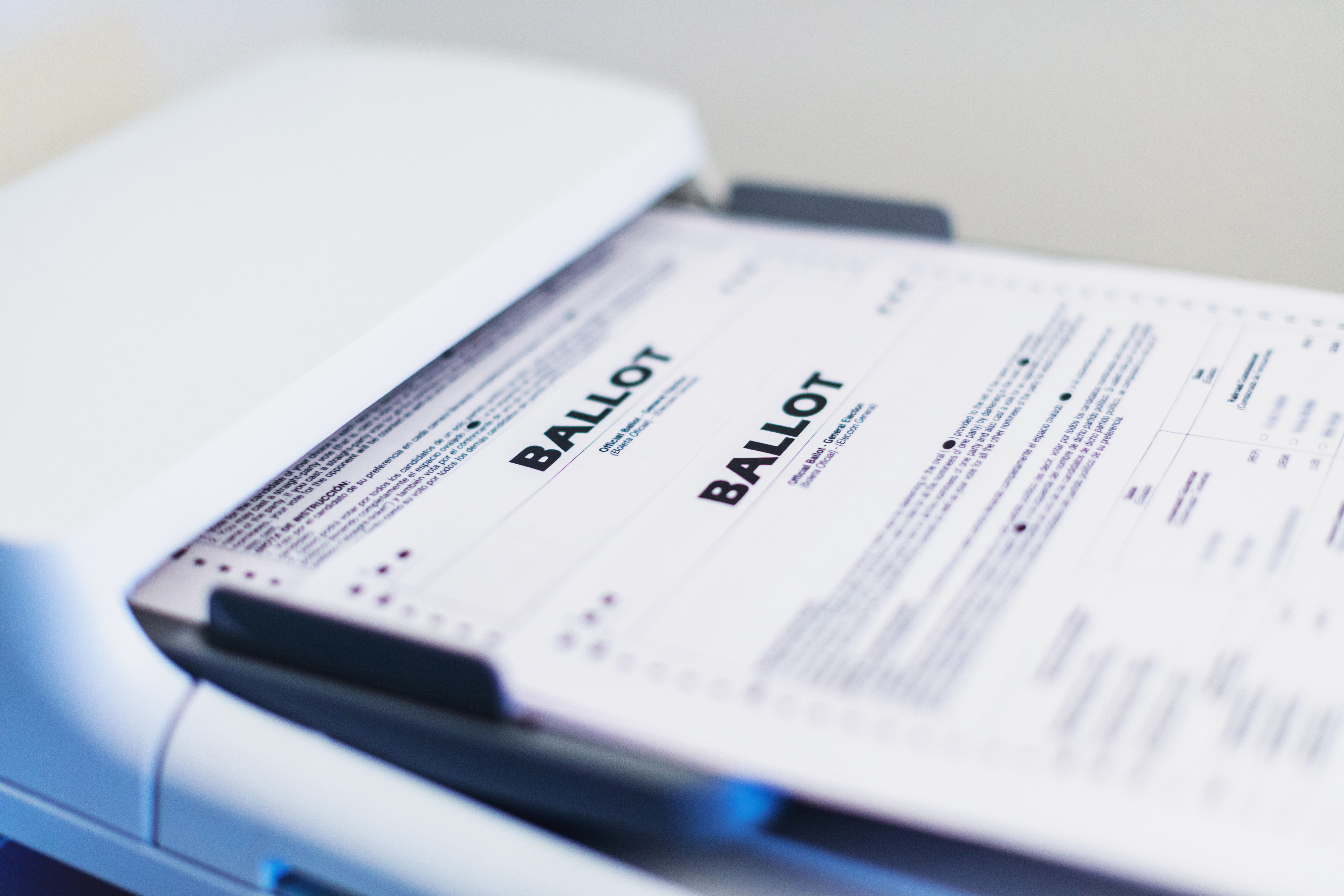Arizona Ballot Proposition Roundup
The Arizona-based Common Sense Institute released its 2022 Initiative Results & Free Enterprise Analysis report on Thursday, which analyzed how the proposition that voters approved will impact the economy.
Its report looked at four propositions, including Prop. 130, which has to do with property taxes, Prop. 132, which requires a 60% approval by voters for new taxes that make it to the ballot, and Prop. 209, which limits how much medical debt can be collected.
Regarding property taxes, the analysis found that the proposition “would have minimal new fiscal impact” but could save some money on both the public and government sides. On the flip side, the institute estimated that proposition 209 could put 1,500 jobs at risk and may even result in a $500 million annual decrease in the state’s GDP, and it could have “broad implications” for the consumer credit market in Arizona. They cautioned that this is “speculative” due to the vague nature of the proposition, which passed with 72% approval.
The fiscally conservative group also celebrated the passage of Proposition 132 and the failure of Proposition 310, which would have increased the sales tax for 20 years to fund fire districts.
They argued that 132 would act as a necessary buffer to prevent tax hikes passed by a narrow majority, as many tax proposals make it to the ballots because they require two-thirds approval in the state legislature.
On 310, the institute estimated that a 0.1 cent sales tax hike would have cost “average Arizona households” $52 a year, but it would have also cut the state GDP back by $7.4 billion over the course of the time the hike is in place. As the proposition did not make it through narrowly, it speaks to the point of how the new 60 percent margin on tax proposals will become more notable in future election cycles.
*****
This article was published by The Center Square – Arizona and is reproduced with permission.




